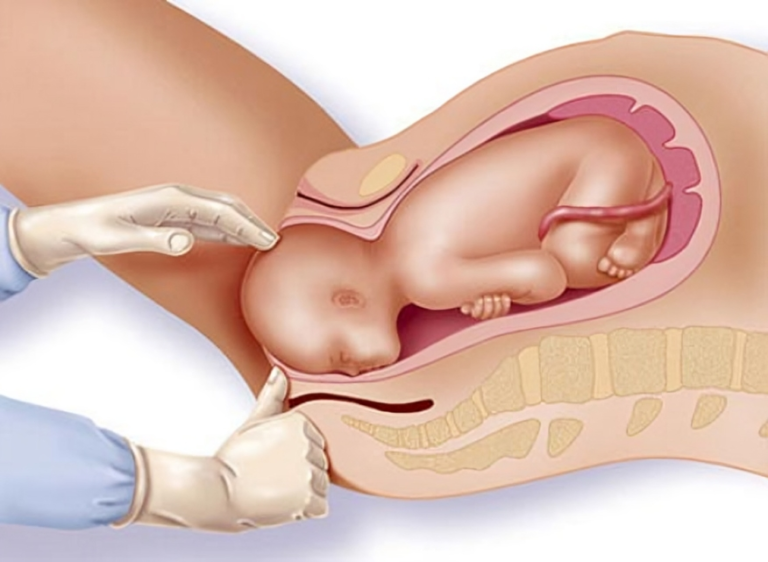Virtual Reality And Mindfulness Applications In Infertility Treatment
Infertility can be a deeply challenging journey for individuals and couples, encompassing emotional, physical, and psychological dimensions. In recent years, innovative approaches to support patients undergoing infertility treatment have emerged, leveraging technologies such as virtual reality (VR) and mindfulness applications. These tools offer promising avenues to alleviate stress, enhance emotional well-being, and improve treatment outcomes. This article explores the intersection of virtual reality and mindfulness in the context of infertility treatment, examining their potential benefits and applications.”Infertility treatment in Tri Nagar”
To Know More About It Please Click Here
The Role of Virtual Reality in Infertility Treatment
Virtual reality (VR) technology immerses users in computer-generated environments, providing a sense of presence and immersion. In the realm of infertility treatment, VR has been increasingly utilized to reduce stress and anxiety associated with procedures such as in vitro fertilization (IVF) and intrauterine insemination (IUI). By transporting patients to serene landscapes, tranquil settings, or guided relaxation scenarios, VR can create a therapeutic escape from the clinical environment, fostering relaxation and emotional well-being.
Research has shown that VR interventions can significantly reduce stress levels in patients undergoing fertility treatment. A study published in the journal Fertility and Sterility demonstrated that women undergoing IVF who received VR relaxation sessions reported lower levels of anxiety and higher satisfaction with the procedure compared to those who did not receive VR interventions. These findings underscore the potential of VR as a complementary tool in enhancing the patient experience during infertility treatment.
Mindfulness Applications for Emotional Support
Mindfulness, rooted in ancient contemplative practices, involves cultivating present-moment awareness and non-judgmental acceptance of one’s thoughts, feelings, and sensations. In the context of infertility treatment, mindfulness-based interventions have shown promise in reducing stress, improving coping mechanisms, and enhancing emotional resilience.
Mindfulness applications, accessible via smartphones or tablets, offer guided meditation sessions, breathing exercises, and stress-reduction techniques tailored to the needs of individuals undergoing infertility treatment. These applications provide a portable and convenient means for patients to integrate mindfulness practices into their daily lives, empowering them to manage stress and cultivate a sense of calm amidst the challenges of fertility treatment.
Studies have demonstrated the efficacy of mindfulness-based interventions in improving psychological well-being and quality of life in individuals experiencing infertility. Research published in the Journal of Assisted Reproduction and Genetics found that women participating in a mindfulness program alongside IVF treatment reported reduced distress levels and enhanced emotional coping strategies compared to those receiving standard care alone.
Integration of Virtual Reality and Mindfulness
The integration of virtual reality and mindfulness represents a synergistic approach to addressing the emotional and psychological needs of individuals undergoing infertility treatment. By combining immersive VR experiences with mindfulness-based practices, patients can access a comprehensive toolkit for stress reduction, emotional support, and self-care throughout their fertility journey.
Virtual reality environments can serve as immersive settings for guided mindfulness exercises, allowing users to engage in relaxation techniques, visualization exercises, and mindfulness meditation within a serene and calming virtual space. By incorporating elements of nature, soothing imagery, and guided audio prompts, VR mindfulness experiences offer a multisensory approach to stress reduction and emotional regulation.
Moreover, the portability and accessibility of VR headsets and mindfulness applications enable patients to engage in self-directed relaxation sessions at home, in clinic waiting rooms, or during treatment procedures. These tools empower individuals to proactively manage their emotional well-being, fostering a sense of agency and control amidst the uncertainties of infertility treatment.
Future Directions and Considerations
As virtual reality and mindfulness applications continue to evolve, ongoing research is needed to further elucidate their impact on patient outcomes, treatment adherence, and long-term emotional well-being in the context of infertility treatment. Collaborative efforts between fertility clinics, mental health professionals, and technology developers can facilitate the integration of these innovative tools into comprehensive patient-centered care models.
Furthermore, considerations regarding accessibility, affordability, and cultural sensitivity must be taken into account to ensure equitable access to virtual reality and mindfulness interventions for diverse patient populations. Tailoring interventions to the unique needs and preferences of individuals undergoing infertility treatment is essential for maximizing the therapeutic benefits of these technologies.
Conclusion
Virtual reality and mindfulness applications hold great promise as adjunctive tools in enhancing emotional support, stress reduction, and overall well-being for individuals navigating the challenges of infertility treatment. By harnessing the immersive capabilities of VR and the contemplative practices of mindfulness, patients can cultivate resilience, empower self-care, and find solace amidst the complexities of their fertility journey. As these technologies continue to evolve, they offer new avenues for personalized and holistic approaches to infertility care, enriching the patient experience and fostering hope for the future.”Infertility treatment in Tri Nagar”
Also, Follow us on Instagram







